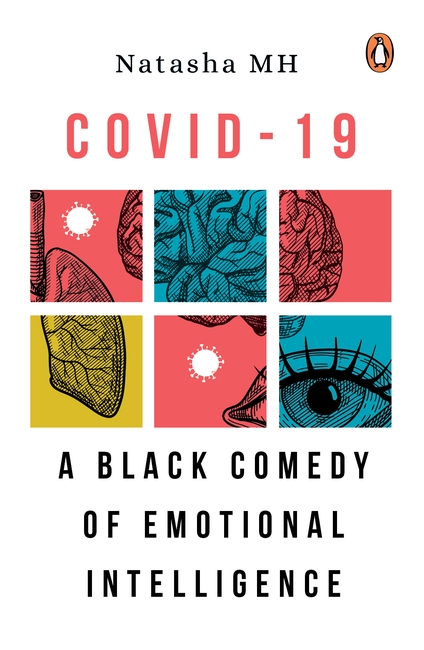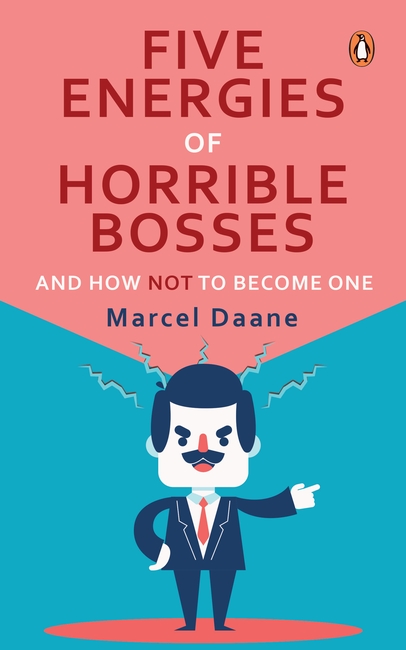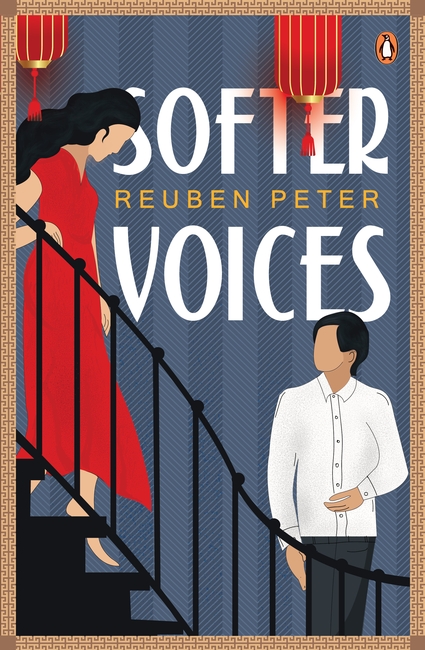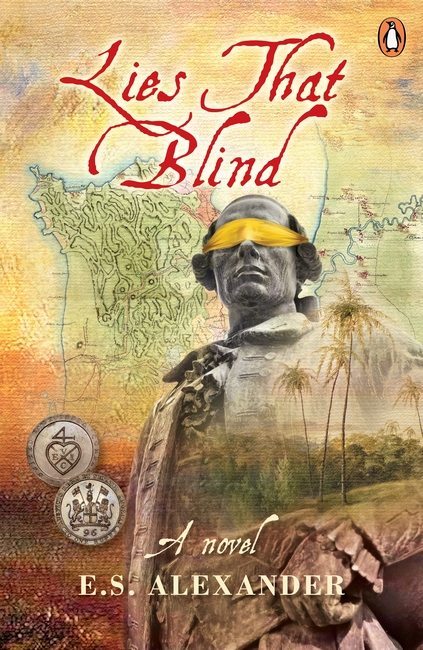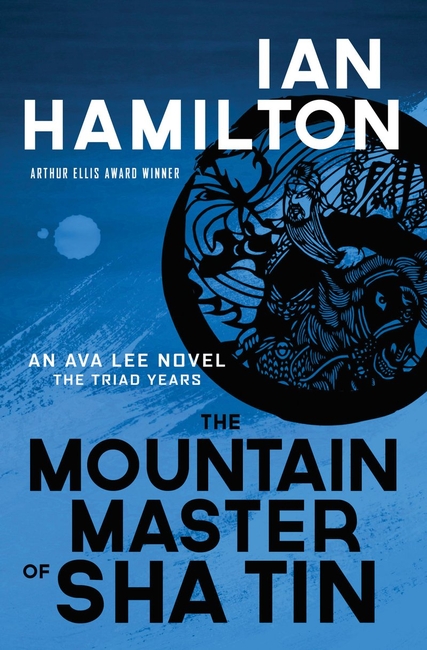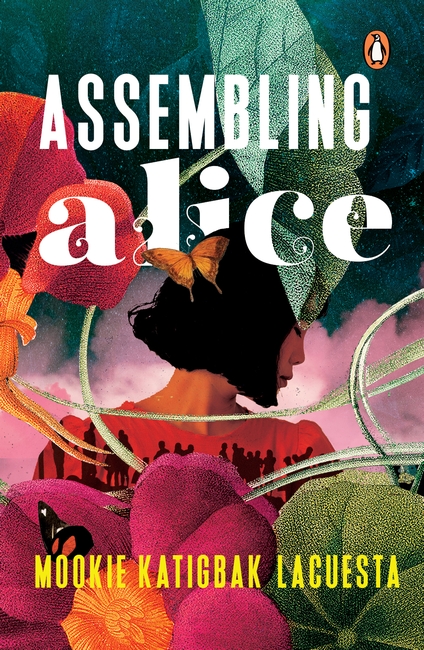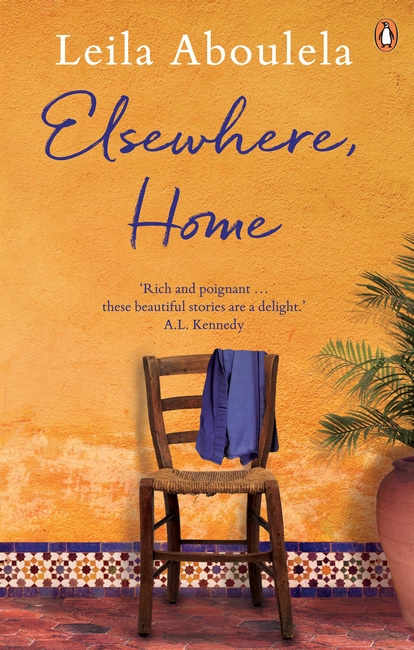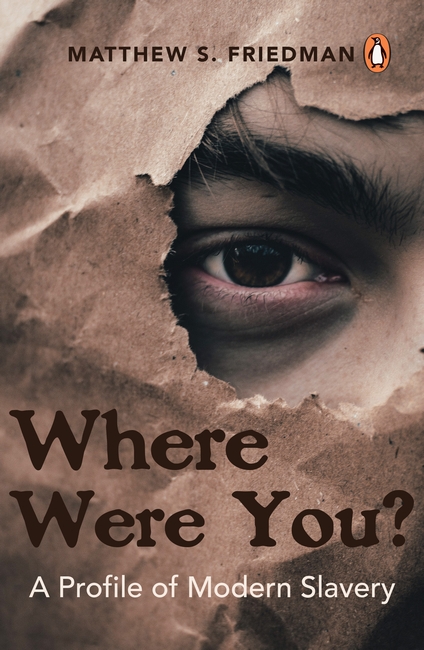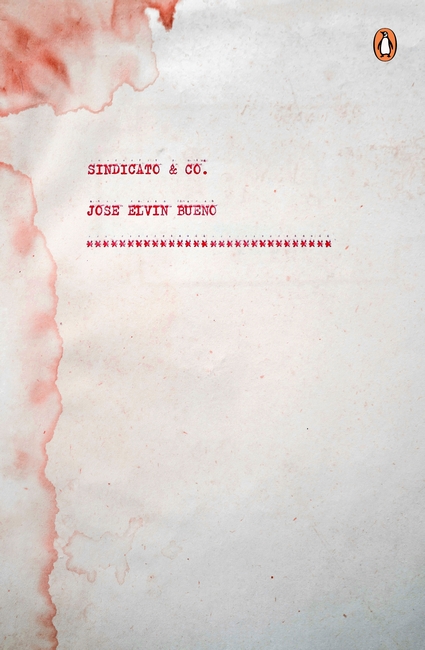The pandemic crisis is not showing us our lives are irrevocably damaged. On the contrary, it reminds us of our role towards humanity and that some areas may have been neglected and systems need to be upgraded.
From weak healthcare systems, poor leadership, to the frailty of human communication, COVID19: A Black Comedy of Emotional Intelligence is both a social satire and a reflection exercise towards becoming a more engaged citizen of the world after the virus turned the world upside down. So much was conveyed from mainstream media, social media, skeptics and conspiracy theorists alike which rose to the surface like crema, an interesting tapestry of reexamining life as how we know it. A pandemic united the world, many agree to disagree on how the future of the planet ought to be handled. People saw ugly truths of their governments with their backhanded policies. But will life ever be the same again? It isn’t just about the world in action but also about countries and their inaction. And where do we go from here? All of these are discussed in short reflective pieces that make up the entire book written during quarantine.
Each chapter fuses aspects of both science and arts, swinging from psychology, sociology, politics to economics providing both comic relief and cognitive stimulation. Students, educators and readers alike can benefit from the compilation of facts and sardonical approach.
Archives: Books
Five Energies of Horrible Bosses…And How Not to Become One
‘The fundamental difference between a great boss and a horrible boss is how they project their energy onto others. Everything else is born from that energy’
Five Energies of Horrible Bosses…And How Not To Become One is a Leadership Book like you have never read before. This book offers a holistic framework using a powerful blend of Ancient Asian Energy Practices and Modern Western Science that helps leaders and teams master their energy projection for better influence, connectedness, communication, and collaboration.
Born from an early adult life of repeated failures, managing clinical depression, alcoholism, and finally becoming a horrible boss himself, Marcel Daane tells a compelling story how he finally found direction through his practice of Martial Arts, combined with Meditation and Energy Healing.
Citing real-life examples while working with leaders and teams as a Professional Certified Coach and Neuroscientist, Marcel shares his powerful system that not only helps you assess for yourself whether the type of energy you are generating and projecting is serving you as a leader or boss, but it also teaches you how to become a master of all five energies so you can ensure you will never ever become a horrible boss yourself.
Softer Voices
Philip Montfort is a man of contradictions. He is an Anglo-Indian born in British India and torn between his Part-Caucasian heritage and his Indian identity. Born into a vanishing aristocratic family with fading fortunes, his life is a struggle to reconcile his circumstances with his desires and to render a true account of himself. He is irreligious but a seeker of truth and authenticity. After studying law at Cambridge, and being denied a place in both England and India, he seeks instead to make life anew in the Colonies – specifically in the bustling, ecstatic British outpost of Singapore.
There, he is drawn into the orbit of young, privileged intellectuals like himself who seek truth just as he does, while gorging and stupefying themselves with layers of luxury. They call themselves the Asiatic Club and commission themselves to doing civic works in the lead up to the War. More secretive however are their preparations to form a stay-behind auxiliary in the event that Singapore is occupied.
When War reaches Singapore in the early forties, the excess is stripped away and each member of this exclusive coterie is forced to confront their true selves as they make sacrifices and compromises of character. While fighting as a reserve officer in the British Indian Army’s III Corps, Philip is captured as a prisoner-of-war. Thereafter, he is convinced to join the Axis-collaborationist Indian National Army under its mercurial but brilliant leader, Subhas Chandra Bose.
Lies that Blind
Malaya, 1788:
Aspiring journalist Jim Lloyd jeopardises his future in ways he never could have imagined. He risks his wealthy father’s wrath to ride the coat-tails of Captain Francis Light, an adventurer governing the East India Company’s new trading settlement on Penang. Once arrived on the island, Jim-as Light’s assistant-hopes that chronicling his employer’s achievements will propel them both to enduring fame. But the naïve young man soon discovers that years of deception and double-dealing have strained relations between Light and Penang’s legal owner, Sultan Abdullah of Queda, almost to the point of war. Tensions mount: Pirate activity escalates, traders complain about Light’s monopolies, and inhabitants threaten to flee, fearing a battle the fledgling settlement cannot hope to win against the Malays. Jim realises that a shared obsession with renown has brought him and Light perilously close to infamy: a fate the younger man, at least, fears more than death. Yet Jim will not leave Penang because of his dedication to Light’s young son, William, and his perplexing attraction to a mercurial Dutchman. He must stay and confront his own misguided ambitions as well as help save the legacy of a man he has come to despise.
Inspired by true events, Lies That Blind is a story featuring historical character Francis Light (1740-1794) who, in an effort to defy his mortality, was seemingly willing to put the lives and livelihoods of a thousand souls on Penang at risk.
The Mountain Master of Sha Tin
Ava is in Shanghai visiting her ailing friend, the Mountain Master Xu, when a triad war breaks out in Hong Kong. Sammy Wing, an old enemy of Ava’s who has twice tried to kill her, has enlisted the aid of his nephew Carter – the new Mountain Master of Sha Tin – to reclaim control of his old territory, Wanchai, from Xu’s men.
There is nothing subtle about the Wings’ methods. Xu’s most trusted enforcer, Lop, has been shot, and six of his street soldiers kidnapped. The Wings threaten to execute them unless Xu’s men vacate Wanchai immediately. Ava steps in to broker a settlement, and the Wings respond by sending her a box containing six fingers – and a twelve-hour deadline.
As the violence and tension mount, Ava is driven to the edge, and she is forced to devise a plan that will bring her face-to-face with Sammy and Carter Wing. The only question is who will pull the trigger first?
Assembling Alice
Before and after the Battle of Manila, a Japanese spy and an American soldier have one thing in common: they both fall in love with Alice Feria, a pianist who would later become one of the first women journalists in the Philippines. Both would prove to be instrumental to her survival during the Japanese occupation and the liberation of Manila.
Assembling Alice is a portrait of a woman as much as it is a portrait of the times she lived in. She came of age during the commonwealth period, survived both the occupation and the war, and did not write of her experiences as much as she spoke of them to those in her inner circle. Her experiences were sublimated into editorials she wrote for a small magazine called The Filipino Home Companion where she wrote of nation-building and what it meant or should mean to be a Filipino after the second world war.
Inside these pages are the stories she told, and have been told about her.
Elsewhere, Home
From one of our finest contemporary writers whose work has been praised by J.M. Coetzee, Ali Smith and Aminatta Forna, Leila Aboulela’s Elsewhere, Home offers us a rich tableau of life as an immigrant abroad.
A young woman’s encounter with a former classmate elicits painful reminders of her former life in Khartoum. A wealthy Sudanese student in Aberdeen begins an unlikely friendship with a Scottish man. A woman experiences an evolving relationship to her favourite writer, whose portrait of their shared culture both reflects and conflicts with her own sense of identity.
Shuttling between the dusty, sun-baked streets of Khartoum and the university halls and cramped apartments of Aberdeen and London, Elsewhere, Home explores, with subtlety and restraint, the profound feelings of yearning, loss and alienation that come with leaving one’s homeland in pursuit of a different life.
Where were you?
There are more slaves in the world today than any other time in history.
Enter the world of human trafficking and explore what we can do together to end this global crime. Where Were You?: A Profile of Modern Slavery by Matthew Friedman provides an up-to-date overview of human trafficking, a largely ignored present-day evil, and recounts true stories of enslavement in Asia today. Former United Nations and USAID expert Matthew Friedman obtained in-depth first-hand knowledge with boots-on-the-ground work over 30 years throughout Asia. Human trafficking exists in nearly every nation on earth and Friedman has personally interviewed hundreds of freed slaves and imprisoned traffickers throughout South and Southeast Asia.
The modern slave trade operates in brothels, fisheries, clothing and chocolate industries, as well as a myriad of other manufacturing jobs and is a billion dollar business that continues to grow unchecked.
Even with the collective response of governments, the UN and civil society partners, less than 0.2 percent of the victims are assisted.
“We’re not winning the fight against human slavery. Relying solely on the anti-slavery community around the world to tackle the scourge of modern slavery and the criminals behind it simply is not working. Unless something drastic changes, this trend will continue unabated,” writes Friedman.
This book not only reveals the plight of human trafficking victims, Friedman also offers valuable advice and guidance related to his own personal experiences working in the counter-trafficking and development world. He offers valuable lessons for those thinking about entering this field.
A Long Road to Justice
A constant stream of impoverished women and girls have been, and are being, enslaved and abused in the Asia Pacific region. Slavery is not a historical issue – it’s happening today. History is repeating itself.
Through Sylvia Yu Friedman’s work in journalism, counter-trafficking and philanthropy, she has had rare and incredible access to victims of sex trafficking and modern slavery in China, Thailand, Cambodia, North Korea, South Korea, Myanmar and Indonesia.
Amid this terrible human suffering, she has seen frontline workers carrying a great light that has overcome the darkness in some of the most frightening places on Earth. This memoir describes her personal journey in the fight against slavery through supporting philanthropic initiatives and raising awareness through writing articles and producing films. She shares her personal setbacks, and how her awakening to the plight of the victims of Imperial Japanese sex slavery during World War II helped her come to terms with her identity issues over her Korean heritage. She writes about the lessons – the good, the bad, and the ugly – and the people and events that have shaped her along the way.
Sindicato & Co.: A Novel
David Elliot, an American expat in Manila, gets a new assignment from his multinational consulting firm. To deliver to a client a very sensitive message that’s cached on his phone.
Angela Avellana, a Miss Universe finalist turned prostitute turned master thief, lands the motherlode of her thieving career. An American she picks up in a bar.
When the American goes missing, Francesca Godiñez, the daughter of a slain journalist who was the latest victim in the infamous extra-judicial killings, discovers the truth about the War on Drugs. And the innumerable number of the dead and the disappeared of which the American could soon be added to.
Before the missing American becomes an international incident, General Luis Alberto, the head of the Philippine National Police and the brains behind Operation: Tokhang, needs to locate him. And as the decorated general adds yet another name to his dreaded kill list, he will have to decide whether to keep the American alive.






